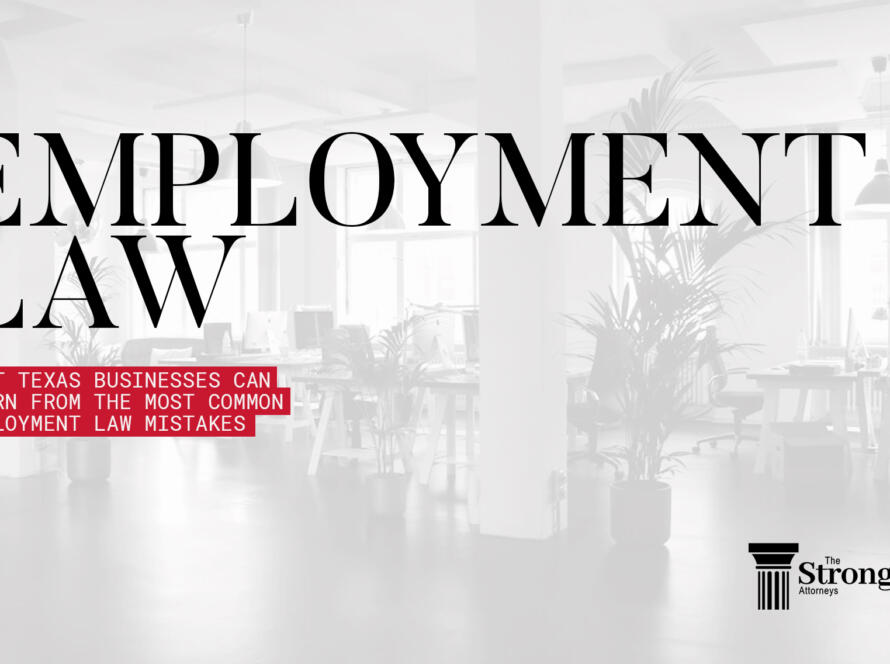Planning for the distribution of your assets upon your passing can seem a daunting task regardless of the size of your estate. However, planning for how those assets will be distributed, and ensuring your estate plan accounts for your desired distribution, is essential. In this article, we will discuss the importance of asset flow in estate planning. Asset flow in estate planning depends on differentiating between probate and non-probate assets. Non-probate assets are accounts that have designated beneficiaries, like life insurance policies and retirement accounts; accounts that have payable on death or transfer on death beneficiaries; accounts that are held as joint tenants with rights of survivorship; real property subject to a transfer on death deed or remainder interest following a life estate; and assets held in trust. Probate assets are everything that remains when non-probate assets are set apart. One caveat: if the beneficiary of your otherwise non-probate asset is your estate, it becomes a probate asset.
Few people take time to consider asset flow: non-probate assets will not flow through your estate, and are not subject to the terms of your Will. Asset flow is critical to achieving your required distribution. As an example, if you are charitably inclined and make a gift to a worthy cause in your Will, but do not have any probate assets, the testamentary gift will not be funded. Likewise, if you make a gift in your trust to a friend, relative, or a charity, but do not transfer assets to your trust, your gift may not be funded.
Frequent errors that can be costly to your beneficiaries are: (1) naming a divorced spouse as the beneficiary on your life insurance policies or retirement accounts, (2) naming a deceased person as a beneficiary on your life insurance policies or retirement accounts, (3) setting up a living trust and failing to transfer assets to it, (4) designating a trust that no longer exists as the beneficiary of your accounts, and (5) naming your estate as the beneficiary on an account that would otherwise be a non-probate asset, requiring the delay and expense of probate for an asset that need not be subject to probate.
While you may have considered drafting your own plan, or using a simple form you found on the internet, we advise you to engage the services of a reputable financial advisor and an experienced estate planning attorney to ensure your assets flow to the beneficiaries you desire, and guarantee your probate and non-probate assets compliment each other. We strongly recommend everyone review their current estate plans annually to confirm that all information is up to date and the plan accomplishes their intended wishes for their estate.
At The Strong Firm P.C., our attorneys standby ready to guide you through these matters. Give us a call today to discuss how we can help you!


